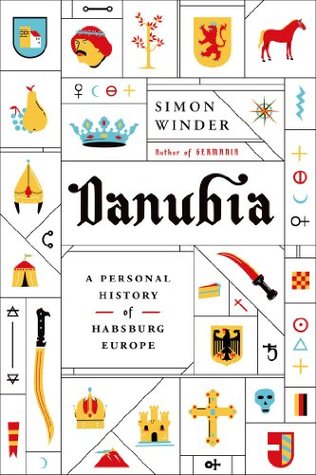More on this book
Community
Kindle Notes & Highlights
Europe had become wealthy on the basis of its international trade and many of its component elements had become ever more specialized about what they needed to create for themselves and what they could import. This trade was paralysed in 1914 and never really recovered until years after 1989.
It is hard to see how societies can hold together under such circumstances. At the time it was thought that the Empire broke apart because of military defeat and nationalist agitation. These were undoubtedly important, but since 1915 the Empire had existed only as a sort of husk. Those who had most effectively bought into the idea of the Empire had been its young military elite, the aristocracy who spoke lots of the languages and cared about the structure as a whole and about the framework created by the Emperor, and these were mostly dead within months of the war beginning. The legitimacy of
...more
One oddity of the War was that the British and the Habsburgs only ever fought each other in glancing, minor ways. The British blockade was fundamental to the starvation of much of Central Europe, but this was a remote form of warfare, came from control of the North Sea and Mediterranean and required little active animosity to be hideously effective.
The Emperor Karl seems to have left almost no impression on anyone who met him – a banal, peevish, stroppy figure, his best chance was to decorate his audience chamber with the portraits of any number of comparably unengaging ancestors, and argue that the dynastic principle had at regular intervals thrown up make-weights even more helpless than himself. Sadly, his ineffective predecessors were propped up by a royal framework designed to maintain the dignity of even the least dignified.
In many ways the Empire’s resilience had been remarkable, but by the end it was assailed by such a multiplicity of problems that the major power centres inside and outside the Empire started to make other plans.
For the Central Powers the killing blow came in the surprising shape of the Bulgarian front. For years the Allies had been penned up around Salonika, derided by the Central Powers and a source of embarrassment to the Allies themselves. In September 1918 a joint French and Serbian force at last broke through, threatening the entire Balkans. Neither Germany nor Austria-Hungary had an answer to this and Ludendorff threw in the towel. There were simply no troops left – they were all committed to occupation duties across their vast but economically morbid eastern Empire, or to grimly holding out
...more
A decision taken for romantic, economic, arbitrary or despairing reasons perhaps many generations before would now dictate the state in which you would live: and in the cases of millions of people this would in the coming thirty years result in their pauperization, expulsion or murder. As it became clear that the War was ending the various nationalities began to move against the Habsburgs. Many commentators have seen this as a tragic sequence of events but it is impossible to exaggerate how little credit remained to the Empire – not just contempt for Karl and the Empire’s rulers but, worse,
...more


